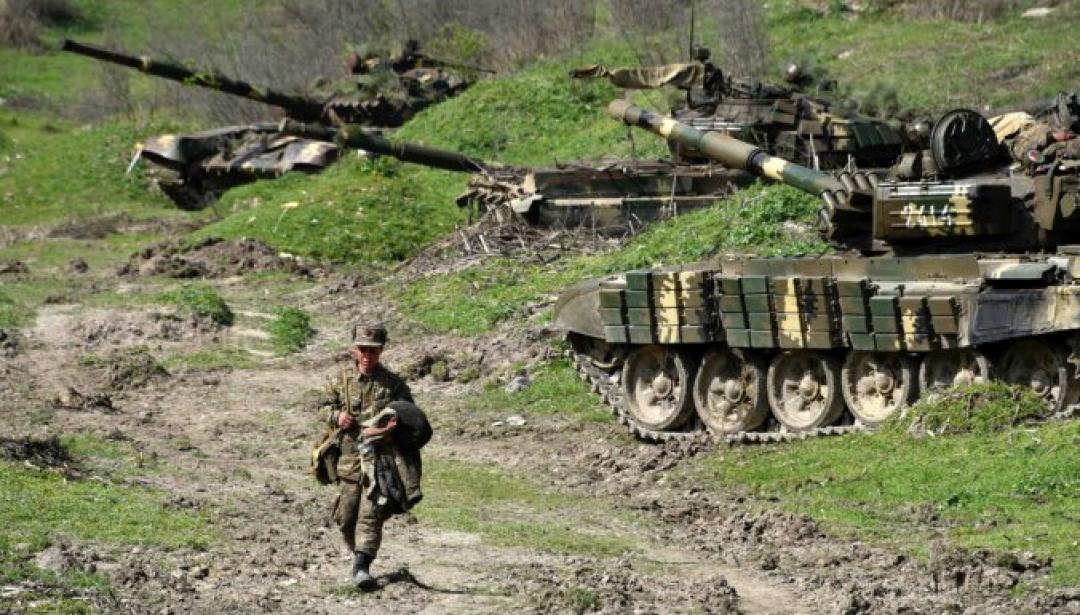
ICRC reports on missing persons in the aftermath of the Second Karabakh War

On 27 January, the International Committee of the Red Cross (ICRC) released a report on the aftermath of the Second Nagorno-Karabakh War, stating that hundreds of people are still missing after the ceasefire was established in 2020.
“There are approximately 300 people still missing from the Nagorno-Karabakh conflict escalation in 2020. Since a ceasefire agreement was signed in November 2020, the remains of more than 1,700 people have been found and the process started to identify and return them to their families,” the report stated. The article also noted that the ICRC together with the Russian peacekeepers in the region has to this date facilitated 360 operations to find and recover the remains of those who lost their lives in the war.
“Conditions are always extremely dangerous because the terrain is littered with mines and unexploded ordnances, and on top of that, in winter visibility drops to almost zero,” said Christopher Poole, who leads ICRC's regional specialists in landmines, explosive remnants of war, stockpiles and small arms. “Retrieving human remains, identifying the victims and returning them to their families is complex and takes time. There is always a lot of pressure on forensic practitioners from authorities and families to work as quickly as possible, but there is no margin for error,” added Jane Taylor, ICRC's regional forensics manager for Europe and Central Asia. It was also stressed in the report there are still more than 4,500 people missing from the First Nagorno-Karabakh War dating from the 1990s.
Besides the ICRC's forensics and weapons contamination work, its work on missing people and detention, the organisation also carries out a range of humanitarian activities across the region, such as supporting tens of thousands of people to rebuild their livelihoods, improving access to education, addressing mental health and psychological issues, and raising awareness of landmine risks.
See Also


Simonyan: “Armenia Should Trade with Turkey and Azerbaijan Instead of Closing Borders”

Mirzoyan Meets US Deputy Assistant Secretary Joshua Huck

Azerbaijani President Holds Talks with UAE and German Business Delegations on Economic Cooperation

Grigoryan Confirms Armenia’s Readiness to Dissolve OSCE Minsk Group Upon Peace Treaty Signing

